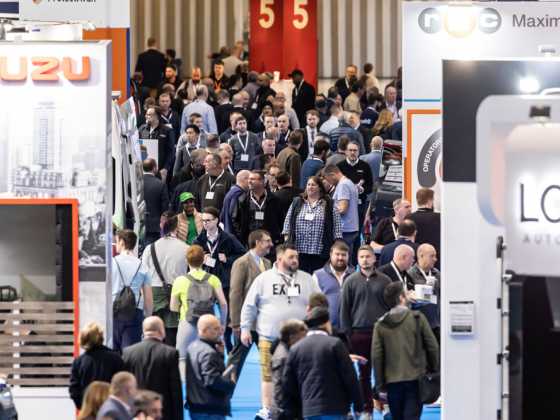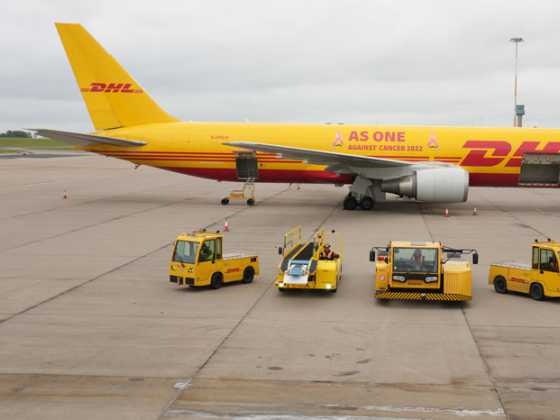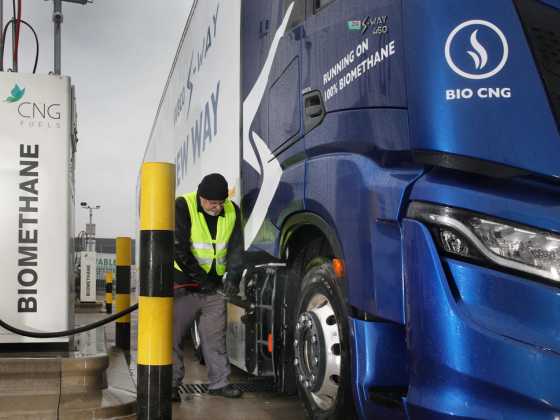A new lease of life for ultra low emission vehicles
New figures from the British Vehicle Rental and Leasing Association confirm the sector’s position as the UK’s leading adopter of cleaner and more fuel-efficient vehicles. But how will the sector build on it’s recent successes, and further increase uptake?
 Figures from the British Vehicle Rental and Leasing Association’s (BVRLA) quarterly survey, published in March, have been encouraging for the low emission vehicle market, with 4.7 per cent of all new leased cars being a plug-in vehicle.
Figures from the British Vehicle Rental and Leasing Association’s (BVRLA) quarterly survey, published in March, have been encouraging for the low emission vehicle market, with 4.7 per cent of all new leased cars being a plug-in vehicle.
Mirrored against market predictions, which stood at 1.3 per cent, the leasing sector’s low emission credentials are on the rise, which adds as an encouragement to the wider sector.
Compared to the average CO2 emissions from newly registered cars in 2015, the average leased car added to a BVRLA member fleet in 2015 emitted just 112.6g/km CO2, more than seven per cent less than its newly registered counterparts.
Additionally, 25 per cent of lease cars now sit in VED band A (sub-100g/km CO2) while the overall market share for all new cars sold in 2015 stands at 20 per cent.
Gerry Keaney, BVRLA chief executive, said: “More and more businesses are turning to leasing as a source of finance and BVRLA members are helping these companies to operate cleaner, more fuel-efficient vehicles.
“The government needs to recognise that the company car or van is more than just a taxable perk and a valuable source of revenue for the Treasury. These vehicles are vital business tools that can play a huge role in reducing the UK’s road transport carbon emissions. Without a fair and simple tax regime for company vehicles, this won’t happen.”
Making leasing greener
Using their latest figures as a springboard for further success, the BVRLA has organised to meet with government officials to discuss how its members can contribute to safer, greener and more cost-effective motoring.
As part of its efforts to lower emissions, the association has highlighted four main issues affecting the vehicle rental and leasing industry, and put together a series of recommendations that should be implemented for the good of the sector.
Covering air quality, business car taxation, intelligent mobility, and vehicle safety, the policy papers conclude a series of policy roundtables hosted and organised by the BVRLA throughout 2015.
With the state of air quality making headlines around the world, and the recent emissions scandal doing little to enhance the fleet sector’s reputation, the Air Quality paper lobbies for the implementation of a national framework for Low Emission Zones. These would ensure consistency, certainty and, with sufficient notice ahead of their introduction, allow fleet operators to make purchasing decisions without unnecessary financial penalties. The paper, which showcases that air quality remains high on both governmental and fleet agendas, also calls on the government to continue encouraging car clubs across all large UK cities and publish guidance on how businesses and consumers can join a club.
The tax regime plays a vital role in determining fleet purchasing strategy. The UK vehicle rental and leasing sector has long demonstrated its value as a contributor to the economy, purchasing an estimated one million vehicles (including 308,000 UK-made vehicles) per annum, generating £24.9 billion in gross value added for the UK economy and employing 53,600 people. As a result of the activities supported by the UK rental and lease sector in 2013, the Treasury received a total £5.2 billion in total tax revenue.
The BVRLA’s Business Car Taxation policy paper recommends that the government reform benefit-in-kind (BIK) ratings, with greater granularity on incentives for the take-up of lower emission vehicles. In particular, the association believes a wider differential at the lower category end would provide a larger incentive for the take up of lower (if not ultra low) emission vehicles over higher emission ones.
It also highlights the contribution of company car drivers towards better safety and emissions standards in the national fleet, and warns against increasing the cumulative tax burden on such drivers to unsustainable levels. This is a particular concern given the Chancellor’s raising of Company Car Tax bandings by two percentage points, and the deferral of the planned removal of the three per cent diesel supplement to 2021.
Connected vehicles
Intelligent Mobility refers to any optimised form of transporting people and goods that increases mobility, improves safety and enhances user benefits whilst simultaneously reducing pollution, consumption and congestion. The paper on Intelligent Mobility urges support for the introduction of a new ratings system for the cyber security of modern connected vehicles. It also calls for the Information Commissioner’s
Office to be given more resources so that it can provide guidance and enforcement in areas of connected vehicle and driver data.
Finally, the Vehicle Safety paper calls on the government to further encourage the take-up of Autonomous Emergency Braking (AEB). As the trade association for companies involved in the rental and leasing industry, the BVRLA has had a long-standing interest in road safety. Its members operate a combined fleet of 4.5 million cars, vans and trucks, with many of these being used every day on UK roads.
The BVRLA believes that AEB should be made mandatory for all new registered cars and vans, as it now is for HGVs.
Toward this objective, the government should demonstrate leadership in vehicle safety by making AEB a mandatory requirement for all new vehicles procured by the government fleet.
Keaney said: “We have consulted with a wide range of fleet operator organisations and believe that the policy measures outlined in these reports could make a major contribution in improving the safety, sustainability and efficiency of road transport in the UK.”
Poppy Welch, head of Go Ultra Low, said: “We’ve been encouraged by the growing number of fleets realising the multiple advantages of electric vehicles – and BVRLA members continue to play a pivotal role through education on whole-life costs and employee benefits. More businesses need to be bold, opening their thinking to incorporate electric vehicles and the cost-savings they bring.”
The British Vehicle Rental and Leasing Association is the trade body for companies engaged in the leasing and rental of cars and CVs.






